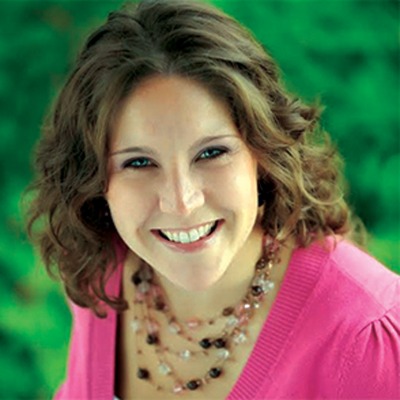
By Debbie Gardner
debbieg@thereminder.com
There’s no question that the pace of life has accelerated in the 21st century, and with it has come an explosion of knowledge. We’re all being challenged to learn and understand something new almost every day – even if it’s just how to set up our cell phones or get the TV remote to work.
What does that say about the now nearly- continuous need for education across our lifespan, and how individuals can fill this need, regardless of age?
In a quest for answers, Prime reached out to Amanda Gould, chief administrative officer at The American Women’s College (TAWC) at Bay Path University. The American Women’s College is a prime example of this lifelong learning concept – offering bachelor degree program for adult women (of all ages) beginning or returning to finish their education.
In her leadership role, Gould oversees on campus sites in Massachusetts, and an innovative online program open to students across the country and throughout the world.
Here’s what she told Prime about learning at any age.
Q: Job descriptions, information, and technology—all these seem to change at an increasingly fast clip. What does this mean for the path of education in our modern world?
“Without a doubt, we live in a disruptive world, and this reality will not slow down for the future. As never before, there is a pressure on higher education to provide the skills and knowledge to transcend the latest developments in technology, and these include such soft skills as curiosity and problem solving.
“Just as important, higher education needs to establish learning environments that will adapt to prepare individuals for the changing labor market.
“At Bay Path, we are focusing on developing the Social Online Universal Learning (SOUL) platform, currently used at The American Women’s College, which is already being recognized as a model for the “new way” of teaching and learning.”
Q: There’s so many ways for people to garner new skills today—seminars, short-term courses, traditional college classes, online learning, podcasts—are there approaches that work better for learners at mid-life, and beyond?
“The last thing that adult learners have is time. Our challenge is to give them a well-curated experience that gets them where they need to be – professionally and personally.
“First, we’ve implemented the Prior Learning Assessment (PLA) option, which translates into academic credit for life experiences in the workplace, community service, and training.
I would strongly recommend looking into PLA as part of a “back to school” plan.
“Depending on their goals, the adult learner must decide if they need a course, a certificate, or a degree. Admissions representatives can be very helpful in determining the best direction for securing those credentials that can have a real impact on professional growth.
“As for what approach works best, the beauty of online learning platforms such as SOUL is their capacity to adjust to be customized to different learning styles. We know that students vary in how they process information – learners can be visual, auditory, or tactile (they have to experience it themselves). Our task is to help the adult learner identify how they learn best, and then provide the appropriate mix of modalities to ensure their success.”
Q: As we see longevity increase in our population, is there ever a point when it’s too late to learn—or try—something new?
“Never! I like to say that lifelong learning is truly for all of one’s life. It will not – nor should it – ever stop. The beauty of bringing together learners of all ages in a classroom – and we have witnessed this at The American Women’s College and Bay Path’s graduate programs (for women and men) – is that it is an intergenerational experience. Each group brings a different perspective and vitality to the classroom, creating a very special sense of community.”